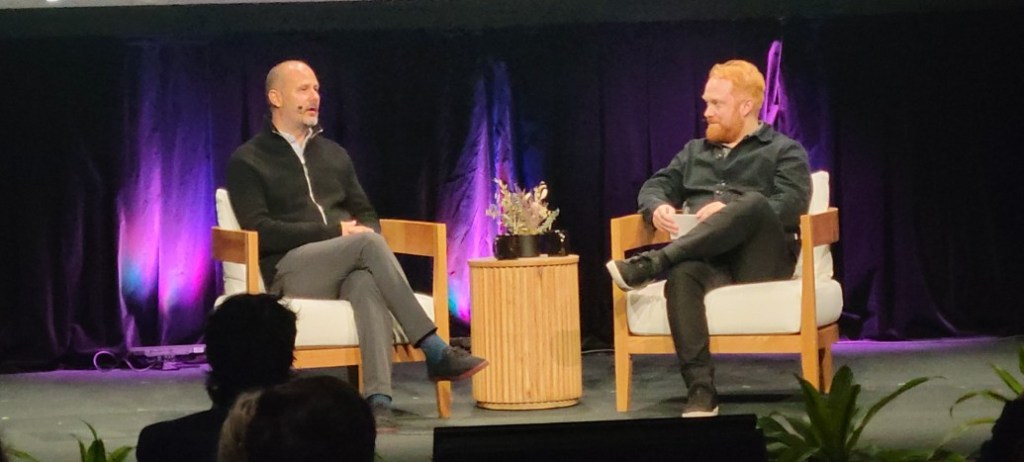AI will open doors for a new generation of talent, while creatives will need to think carefully about how their work is protected, according to Fremantle’s Andrea Scrosati.
TV giant Fremantle, which has expanded into film in recent years, had its Group COO and CEO of Continental Europe, Scrosati, speaking at the Toronto Film Festival.
Noting that Fremantle is owned by Bertelsmann, a huge European conglom with publishing, TV and media interests, he said: “As a company, we have done specific deals with OpenAI, with Google, with Microsoft, where anything we put in using these tools stays behind a firewall and does not feed the algorithm. That means if [Paolo] Sorrentino wants to [work on] a section that he filmed and make a correction, that content would be fully protected.”
He added: “The creative community, today and in the next years, will need to make a very clear distinction between the companies that take this approach and the companies that don’t.”
Scrosati shared his take on artificial intelligence on the day the producer-distributor announced it had hired former Spotify exec Kevin Lingley as its new EVP of AI. He will report to Matthew Wilson, Fremantle’s Chief Legal Officer.
Scrosati proceeded to issue an upbeat take on how AI will impact the film and TV business. “It is a support to talent and creatives to manage to do things that today would be A) impossible or B) extremely expensive.”
In April, Fremantle launched AI production label Imaginae Studios, and Scrosati said that the availability of AI tools will also level the playing field for new and would-be creatives. “These tools will permit a new generation of talent to emerge, because they are taking away the barriers to entry,” he said.
“We now have talent from Chile, from Pakistan, from Indonesia, from Switzerland that will have a great idea, and that could not physically produce it because he or she didn’t have the money, or they didn’t have the connections. Now they will be able to do it, and that will open the world to this talent. It will be our job to look for them and actually give them the opportunity to do even more.”

